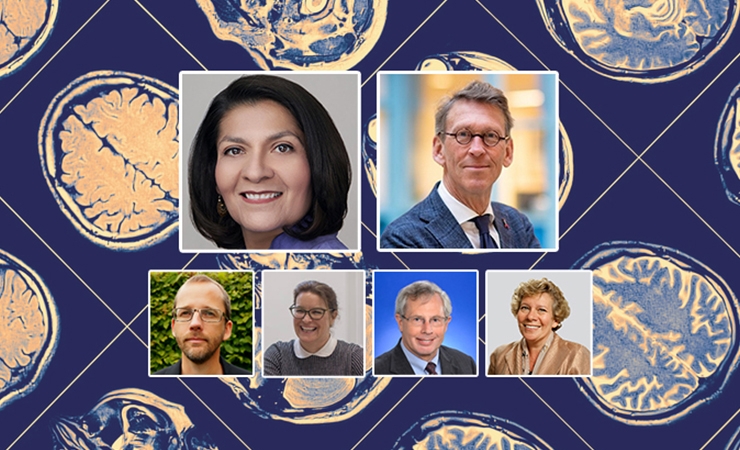
A global dialogue, one of a series as part of the dementia landscape project, has been announced. Chaired by Dr Maria Carrillo and Professor Philip Scheltens, the research dialogue will cover two themes that we have selected based on their importance in the field. Firstly, early detection and biomarkers. This is an exciting area of progress and also a key one. According to the World Health Organization, around 50 million people have dementia worldwide and this number is projected to reach 152 million in 2050. In 2015, the global societal cost of dementia was estimated to be $818 billion, and this is projected to rise up to $2 trillion by 2030. Therefore, it is critical to be able to accurately detect Alzheimer’s and all other dementia, and develop and deliver effective treatments by identifying individuals who might most benefit from it. Secondly, the dialogue will discuss advances in treatment: what the state of play is and what the challenges are.
Professor Oskar Hansson and Professor Reisa Sperling will give an overview on the first theme, and Dr Cath Mummery and Dr Eric Siemers on the second. Each will shape their contribution around where we have come from, where the field is now, and what the next steps are.
The dialogue will track progress made since the world’s first G8 dementia summit was held in 2013 in London. It was here that the international community of top scientists in the field, research funders, pharmaceutical companies and governments committed to accelerate the research agenda and deliver the first disease-modifying treatment by 2025. Since then the field has made considerable advances and there has been a significant increase in funding in the field of dementia research. This has been instrumental in fostering global collaborations and driving cutting-edge technological developments, including the use of big data, to understand the biology of dementia and develop potential therapeutics and treatments.